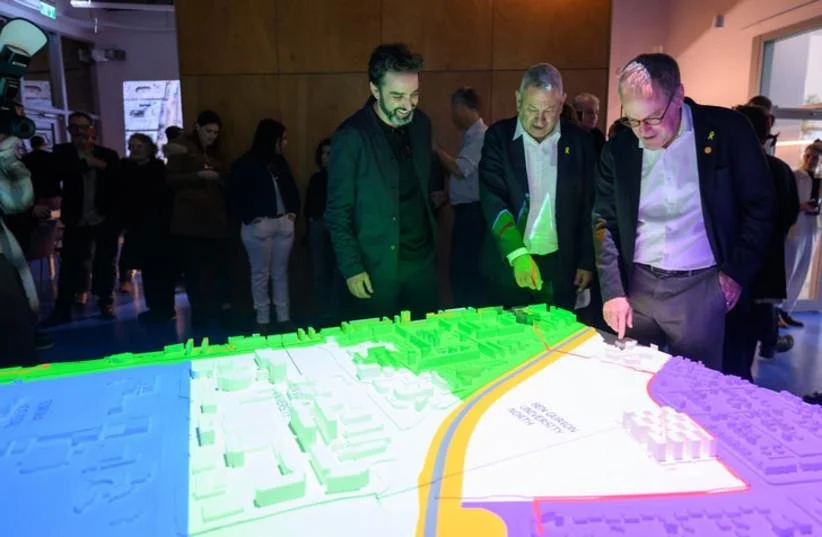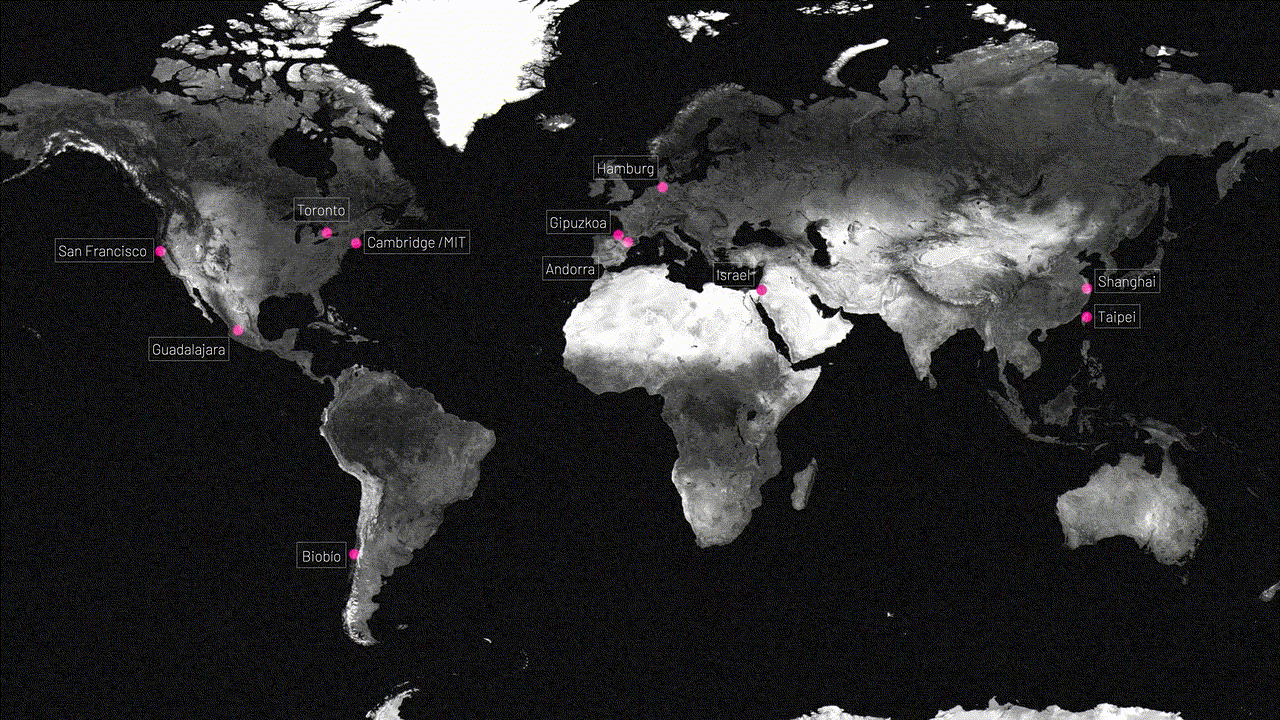The City Science Network
How can academic research have a global impact?
Most academic research has an impact limited to publications or, at times, commercial spin-offs. While both are valuable, they often fall short of transforming public policy or informing urban development in real communities. City Science extends its global reach by building a network of affiliated City Science Labs that prototype, deploy, test, and evaluate urban innovation co-created within the network.
The Global Network
Founded a decade ago, the City Science Network connects a growing constellation of sister labs around the world. These labs share a common framework for data analysis, design experimentation, simulation, and civic engagement. Together, they test new tools, models, and policies in diverse cultural and political contexts — and feed their results back into a global research dialogue.
Today, the network includes 11 international City Science Labs. Cooperation agreements support approximately 30 MIT researchers, in addition to the international network of about 100 researchers, who share data, code, design concepts, and community engagement platforms.
The network convenes annually at the City Science Summit, bringing together lab directors, researchers, civic leaders, and thought leaders in urban science, planning, computer science, decision-making, and policy.
Why It Matters
The City Science Network bridges the gap between theory and practice. By building shared platforms for experimentation and knowledge exchange, the network accelerates local innovation while strengthening a global urban intelligence. In a world of increasingly complex challenges, no single city can solve these problems alone, but together, cities can learn, adapt, and lead – scaling local solutions to address transnational problems.
City Science Labs
-
Taipei
est. 2018 - lightweight mobility, robotics, generative AI, LLMs for urban insight

-
San Francisco
est. 2025 -dynamic urban planning, beyond zoning, community engagement

-
Gipuzkoa
est. 2023 - new mobility solutions, regional scale mobility, gastronomy and culture

-
Andorra
est. 2015 - tourism, innovation potential, covid 19 response, innovation in a biosphere

-
Guadalajara
est. 2019 - innovation in informality, vulnerable urban environments, entrepreneurship, sustainable development

-
Biobio
est. 2022 - equitable communities, entrepreneurship, urban planning in sync with community leaders

-
Hamburg
est. 2015 - refugee housing, port development, urban planning in Africa (UNITAC), immersive experiences

-
Toronto
est. 2018 - decentralized data hubs, data driven decision making

-
Israel
est. 2023 - desert tech, nomadic communities, innovation potential

-
Shanghai
est. 2015 - urban vibrancy, communities in collaboration with university, decentralized autonomous organizations, pro-social development

